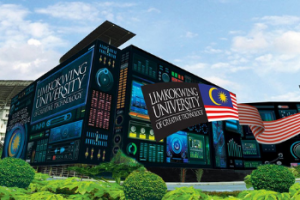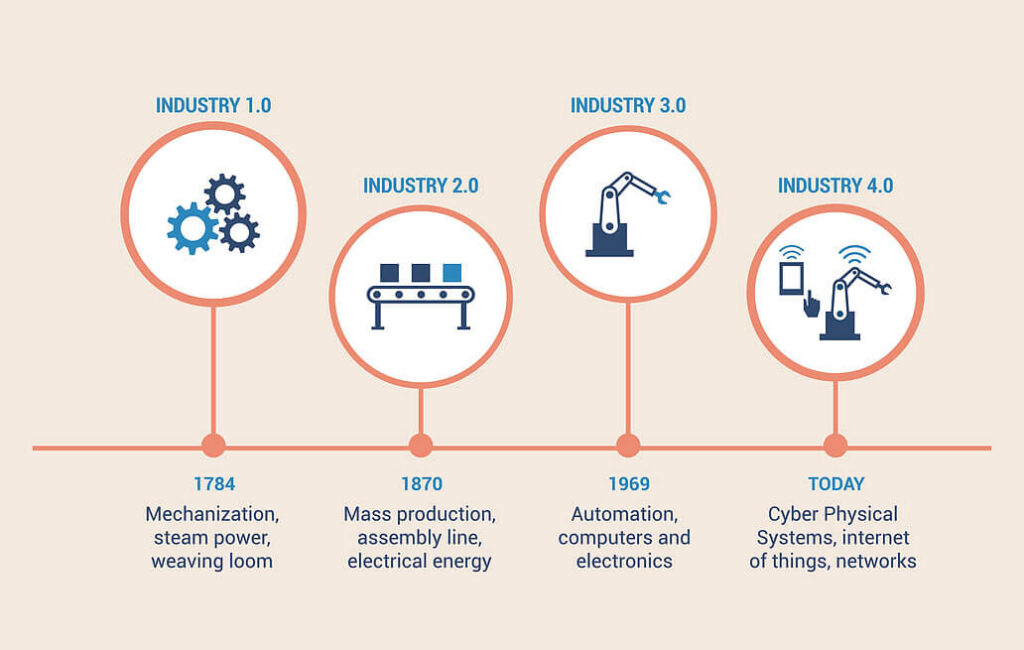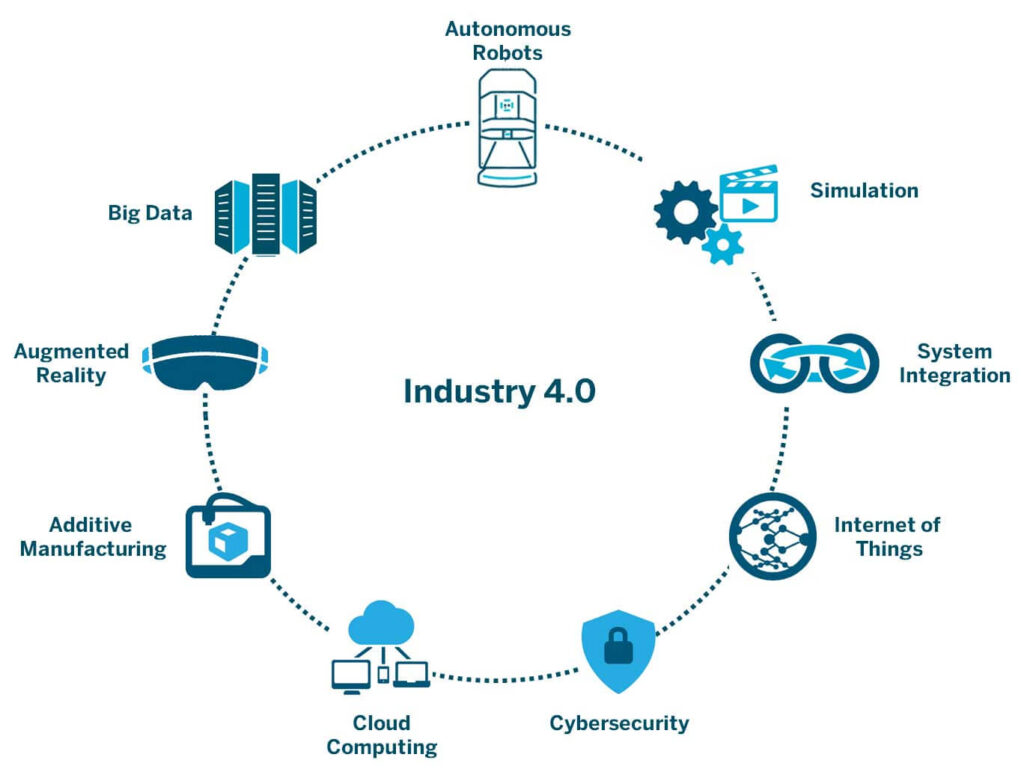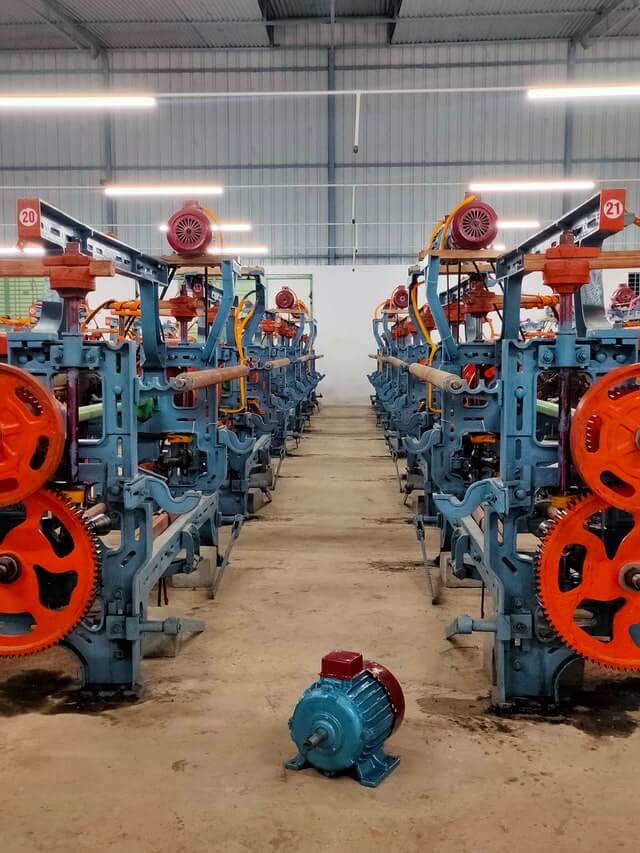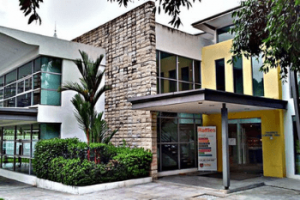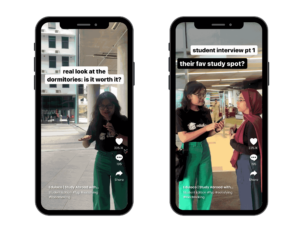Home » apply to university
Get Into Top Universities In The World By Avoiding These!
Getting into top universities in the world is a dream come true.
You may have a specific picture in mind of how your college will be: high-quality education, an awesome hostel, and a comfortable campus. Some students even look for a campus with facilities that cater to their needs and wants. Dance studio, PS5, and Netflix? Yes please!

However, the process of applying and getting accepted requires a lot of effort, time and patience. With so many application documents to keep count, you don’t even know where to start! Moreover, you could make mistakes that could jeopardize your application.
Read on to discover common mistakes that could affect your acceptance into top universities in the world and how you can avoid them.
Underestimating Your Preparations Into Top Universities In The World
Last-minute preparation or the lack of it will affect your application. Making hasty decisions due to time constraints can cause you to regret some of your choices, such as choosing the wrong major or college. A thorough research is substantial to help you shortlist your course and school. Many students who were accepted into top universities in the world noted that their thorough research gave them confidence to apply to their dream schools.

You can learn more about the institution’s quality of education and the majors offered by searching for helpful information from the school’s website. Another way is to schedule a call with the school’s administrator to enquire about the fees and accommodation details.
Overlooking The Importance Of Your Documents
You need more than just high school transcripts if you’re applying for college. Some schools require students to provide a recommendation letter and personal essay to help them shortlist their students. Each school may have different entry requirements, so you should observe the updates on the school’s website to find out what documents you need.
If you’re studying overseas, you need a Student Visa and a valid passport to enter the country. As these documents take some time to process, you should apply for them in advance. Certain schools abroad also require a language certificate, so make sure you are aware of the documents that you should prepare before your application.
Lying On Your Application
Providing false information is unethical. Your chosen university, especially top universities in the world, can revoke your application when they notice inconsistencies in said qualification and the documents you send. For example, if your certificate and personal essay do not match what your teachers wrote in their letters of recommendation, the school authority can call them to double check. There may be a fierce competition to get into your favourite college, which tempts you to lie about your qualification. However, the school would appreciate your honesty better.

Giving Up Too Soon
Don’t give up too soon if your application is rejected; try applying to different schools instead. Keep your options open by having at least three universities on your list. You can still apply to the remaining schools if your first choice ends up rejecting you.
If you’re having difficulties keeping track of colleges to apply to, you can use our college checklist here to help you with the process!
Students facing financial issues can look for schools that offer scholarships. You can also take on part-time jobs and side hustles to fund your college fees. You will still be able to cope with your studies while you work through a part-time course.
Blueprint To Get Into Top Universities In The World
We have compiled several fail-proof ways recommended by experienced students into a downloadable e-book. The step-by-step guide includes handy information about your preparation and application to ensure that you get accepted into your dream school.
You will find out how to choose a major that aligns with your interests. It helps you determine where your passion lies to ease your decision-making. The e-book also provides a list of priorities to guide you in choosing the right school among the top universities in the world.
Students interested to study abroad can also refer to this e-book. You will discover the joys of studying abroad along with important documents that you need in your application, such as Visa, language certificates, health declaration form, and many more.
We understand that students tend to overpack on their first semester. To complete this e-book, we’ve added a packing checklist so you won’t miss out anything important!
Enjoy Your University Life!
College is a new chapter of education that opens doors to great career opportunities. Although researching and applying for college can be meticulous and time-consuming, they are vital steps that every student goes through. We hope this e-book will serve as a useful guide to help you apply to your desired college.
Good luck!

Our counsellors at Eduloco can help with your application. Contact us at +60 11-20699087 or [email protected] today.

Are you interested to study in abroad?
Please fill up the form and our conselors will get back to you shortly.
Most Popular Universities

Study Abroad Perks & How To Guarantee Your Spot
Study Abroad Perks & How To Guarantee Your Own Spot Your study overseas is worth every penny. Image source: Pexels When you study abroad, you experience better personal growth. Sure, studying abroad and navigating
Most Popular Universities

Study Abroad Perks & How To Guarantee Your Spot
Study Abroad Perks & How To Guarantee Your Own Spot Your study overseas is worth every penny. Image source: Pexels When you study abroad, you experience better personal growth. Sure, studying abroad and navigating
What's new

5 Easy and Affordable Recipes for Students Away from Home! – Eduloco Recipes
Looking for some easy and wallet-friendly recipes? You’re in the right place! At Eduloco, we understand the student life hustle, and that’s why we’ve curated

How to Write a Convincing University Application Personal Statement (+ Free Template!)
Applying to universities can often feel like navigating a labyrinth with numerous challenges at every turn. The weight of crafting the perfect essay, capturing your

Empowering Education with Eduloco’s Student Loan in Malaysia
Eduloco Collaborates with Affin Bank to Offer Student Loan Program At the forefront of educational accessibility, Eduloco, an emerging EdTech platform focusing on democratizing higher




